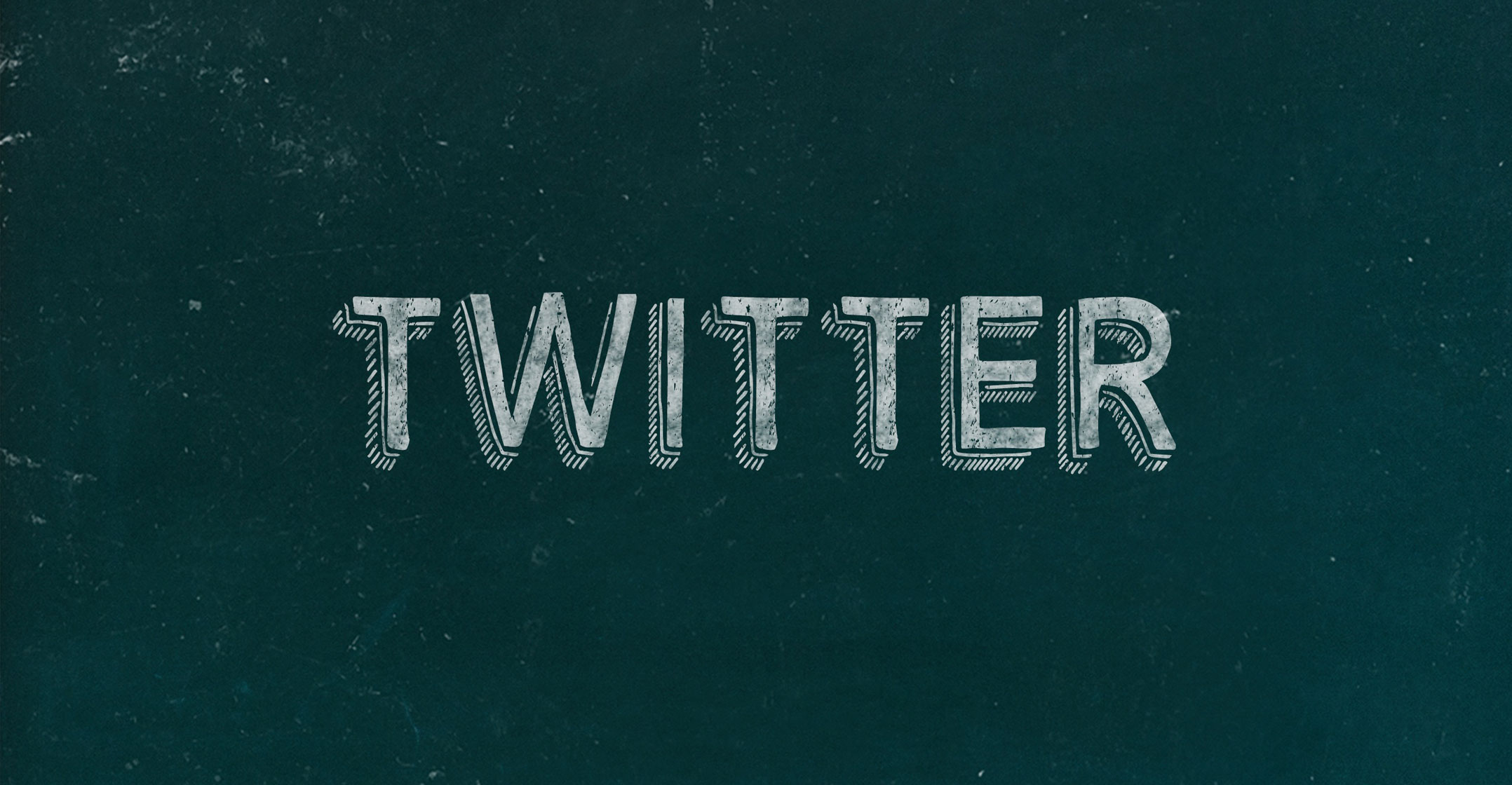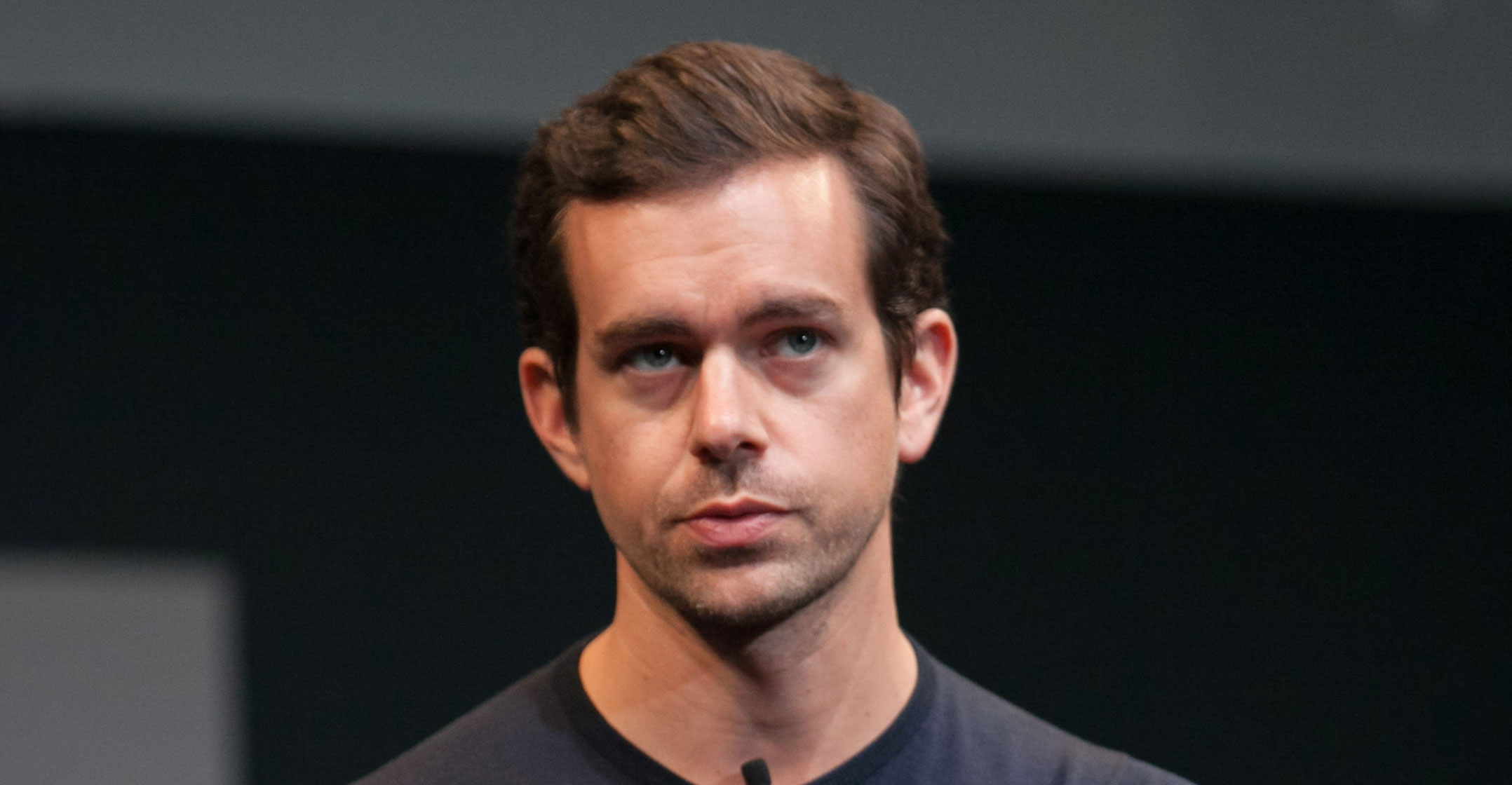 Let’s be blunt. It makes no sense for Microsoft to buy TikTok.
Let’s be blunt. It makes no sense for Microsoft to buy TikTok.
Sure, a cohort of bankers and lawyers can make the case for how it would help the US software giant “get back in the game” of social media and advertising. But the 45-year-old company pivoted away from pitching to consumers a long time ago, a move accelerated by CEO Satya Nadella, who ran server, cloud and enterprise-focused businesses before taking the top job.
Even founder Bill Gates, who no longer has an active role, sees TikTok as a “poisoned chalice”. Microsoft now generates just a third of its revenue from “more personal computing” compared to 46% five years ago.
Twitter as a buyer makes much more sense. (It has had preliminary talks, according to the Wall Street Journal.) The obvious riposte is that the social media company already had its shot with Vine¹ and blew it, and shouldn’t waste its money trying again. That’s a reasonable assessment. Yet history shows many examples of companies that failed with its own products only to buy a similar service later at an inflated price.
The most famous is Google. Before the company was called Alphabet, it had a service called Google Video, which struggled to gain traction. Had it stuck with the “we tried and failed” argument, it would have never bought YouTube — the year after Google Video launched — for US$1.65-billion. That business has become one its most important beyond plain search ads.
Legitimate strategy
In fact, the “if you can’t beat ’em, buy ’em” approach is a legitimate business strategy, and Twitter definitely needs some new strategies. The accounts with the top followers are Barack Obama, Justin Bieber, Katy Perry and Rihanna. Only one of those is younger than 30, and none are particularly hip for the younger than 25 crowd.
TikTok would be the perfect product to extend Twitter’s reach toward younger audiences, broadening not only its viewer base but the advertisers that want to reach them. It would also offer agencies and ad buyers a stronger alternative to Facebook and Alphabet, which do a better job of delivering ads to a wider demographic set. My colleague Tae Kim noted recently that a surge in Twitter usage is unlikely to result in long-term solutions to its key problem: monetisation. An integration with TikTok could create a cross-selling powerhouse of the likes enjoyed by Facebook and Alphabet.
It would be easy to dismiss the idea because Twitter is too small, with a market cap of just $29-billion, compared to valuations for TikTok that extend as high as $50-billion. But TikTok, especially the slice of it Microsoft is bidding for, is worth nowhere near that.

More importantly, Twitter doesn’t need to be that big, it merely needs to be able to find the money to buy it. It has $7.8-billion in cash and short-term investments and brought in $762-million in free cash flow last year. Right now, cash is sloshing around the financial system, and it would be pretty easy to assemble a consortium of financiers willing to front the rest of the money. In addition, a purchase of TikTok would be such a positive driver for the stock that it could get away with selling equity, too.
Perhaps the biggest benefit in acquiring TikTok’s US business, if not the whole thing, would be the chance to finally get a full-time CEO. A lot of purchases are just acquihires anyway. Kevin Mayer, the former Walt Disney executive who was brought on to run TikTok, could act as co-CEO (or perhaps chief operating officer) alongside current part-time chief Jack Dorsey, who splits time with Square. That would allow for an easy, face-saving exit for Dorsey sometime down the road.
And let’s face it, for Twitter investors, that management change alone would be worth whatever price tag is attached. — By Tim Culpan, (c) 2020 Bloomberg LP
¹Technically, Twitter bought Vine soon after it was founded and before the short-form video app launched.




